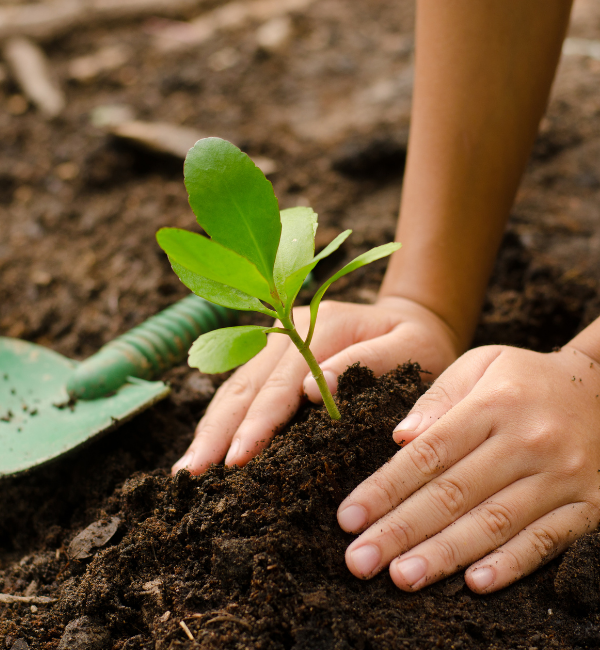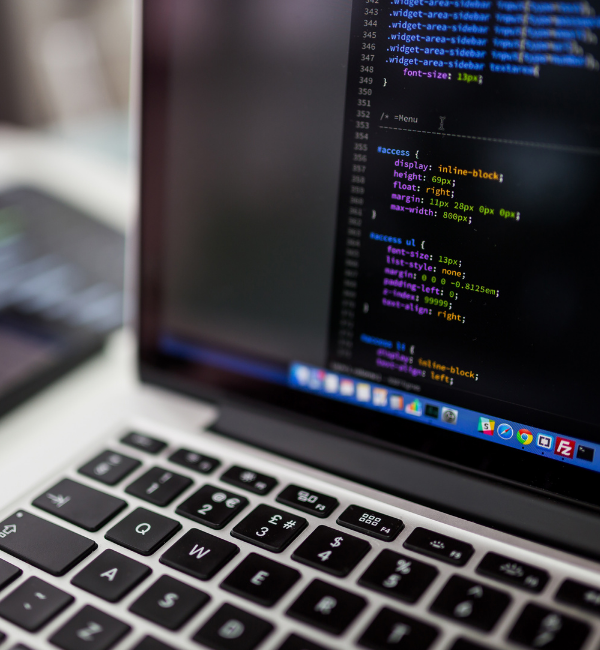
Dirt Detectives
Soil is an essential source of life and nutrients for many living things!

Food Fight
In this food web activity designed for grades 4-6, participants utilize images of different animals to determine their relationships within an ecosystem, identify predator-prey connections and construct a comprehensive food web.

Learn about the total solar eclipse
Get excited to view the total solar eclipse!

Meteorite Identification
Is it a meteorite? Learn about types of meteorites and how you can identify them!

3D Printed Animal Tracks
Participants learn how to identify animals that may live in their environment using “signs”. Then, they will learn how photogrammetry can be used to scan and make digital models out of animal tracks found in nature so that they can be 3D printed.

Password Protection!
Learners enhance their understanding of encryption and decryption to protect personal information and develop critical thinking skills by using different encryption tools to create and send coded messages.

Design and Build a Seed Saver
Learners develop computational thinking skills and global competencies as they collaboratively work together to design and build a structure that will protect the last Truffula seed (from the story ‘The Lorax’).

Coding Club
Learners explore some foundational computer programming concepts and develop computational thinks skills by participating in three weeks of hands-on coding activities, via Scratch, for one-hour sessions, where each session builds off the previous session.

Python Coding Club
Learners build off the skills they developed in the (Scratch) Coding Club, developed by McGill University, and further expand some foundational computer programming concepts and further develop computational thinking skills.

Binary Basics
Welcome to the science behind computer communication! Learners will explore the basics of binary, learn how to count in binary and how binary is used to encode different kinds of information in computers, through a variety of activities.

Coding Unplugged
Students will learn some foundational programming concepts and develop computational thinking skills through several screen-free activities.

Code a Drum in Scratch
Learners develop decomposition skills and learn about sequences and repetition by using Scratch to code a drumming sequence.

You Be The Computer
Learners will practice and further develop their human emotion and facial recognition skills, similar to how AI programs learn.